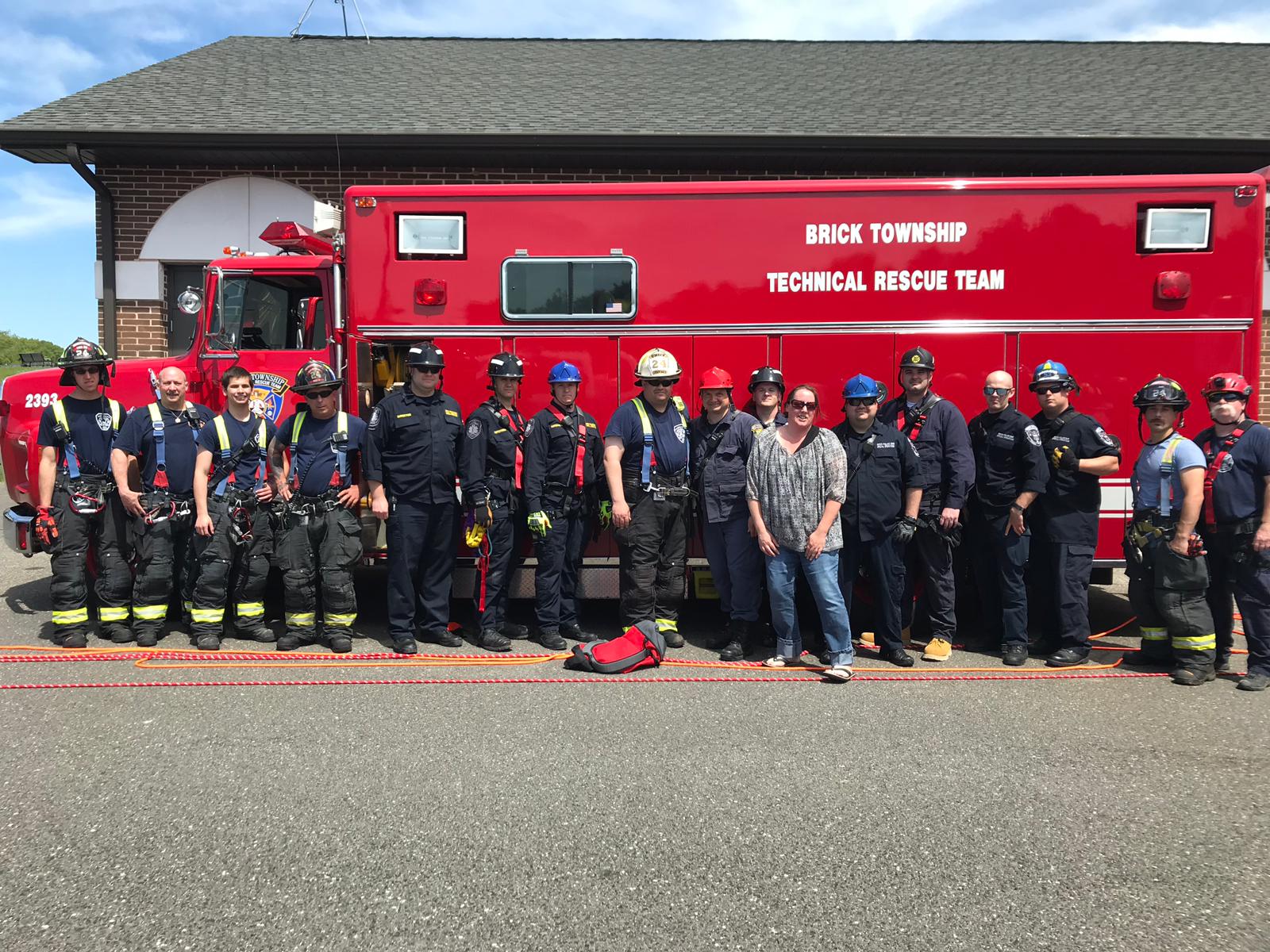

- TECHNICAL RESCUE TEAM DRIVER
- TECHNICAL RESCUE TEAM MANUAL
- TECHNICAL RESCUE TEAM FULL
- TECHNICAL RESCUE TEAM FREE
To be sure, there are bigger and better-funded rescue teams. Photo by Marty Skovlund Jr./Coffee or Die Magazine. The membership of the Magic Valley Paramedics Special Operations Rescue Team hovers around 16. In a good year, they’ll raise maybe $25,000. The team raises most of its budget each year with an annual gala dinner, the Paramedic Soiree. Some grew up around mountains, but most hail from southern Idaho, a landscape that is, other than its deep river canyons, mostly flat farmland. None are particularly active recreational climbers or mountaineers. They are all serious rescue professionals, but they are not typical ones. Luke’s Hospital system, which funds and manages the team. All are full-time ambulance or flight paramedics for St.
TECHNICAL RESCUE TEAM FULL
The team is relatively small with a full membership that hovers around 16. The anchor for it all is the team’s oversized Ford F-350, covered in beefy attachment points, storage bins, and stickers with the name of the team: Magic Valley Paramedics Special Operations Rescue Team.

TECHNICAL RESCUE TEAM FREE
The team moves methodically and with confidence, each with a small job: running lines through hefty pulleys and brake systems, building a large tripod, keeping coiled ropes free and uncrossed.
TECHNICAL RESCUE TEAM DRIVER
The jumper flies down to a sandy spot on the river’s shore as a houseboat races to pick him up, the driver one of a handful of local entrepreneurs who have fashioned businesses around the rugged landscape of the canyon (the hotel Coffee or Die Magazine’s team is staying at boasts special “jumper rates” and keeps a conference room open for packing parachutes).Īfter watching the jumper land, Smith smiles and turns back to the dozen or so men and one woman wearing climbing harnesses who are setting up a complex system of heavy-duty ropes, extending down into the gorge. Still, he yells out a courteous “yeah!” when the jumper leaps forward from the bridge and free-falls momentarily until a parachute snaps open, whipping the man’s body straight. He’s seen maybe 1,000 - maybe 10,000 - jumpers make the same leap. Things are like that here.Ī few hundred feet away, at the top of the brown canyon’s cliff face and tied into heavy-duty climbing ropes, Chad Smith briefly looks over at the bridge to watch. The jumper has no permit, hasn’t paid a fee, hasn’t asked for permission, and isn’t worried that a park ranger or cop is about to drive up and stop him.Īt the Perrine Bridge, unlike nearly every other well-known BASE jumping spot in the US, you can just show up and … jump.īut this is Idaho. The jumper is halfway across the Perrine Bridge in Twin Falls, Idaho, probably America’s most wide open and unregulated BASE jumping mecca.

Behind the man, four lanes of highway traffic roar past, a rushing mix of 18-wheelers, oversize campers, and tourists in rental cars. Almost 500 feet below is the Snake River, met on both sides by massive sheer cliffs that are stained dark brown by volcanic basalt rock. The Middletown Fire Department carries an extensive cache of rope rescue equipment and all TRT members are trained in urban, suburban, and wilderness rope rescue environments.A base jumper climbs onto a handrail and looks around.
TECHNICAL RESCUE TEAM MANUAL
The TRT is trained to utilize an extensive cache of hydraulic, pneumatic, electric, and manual rescue tools.

The mission of the Technical Rescue Team ( TRT) is to provide a coordinated effort to locate, extricate, and provide medical treatment to victims of the communities we serve.


 0 kommentar(er)
0 kommentar(er)
